The quality of water is an important factor in overall health and well-being. In India, groundwater resources are used for about 85% of domestic water supply in rural areas and 45% in urban areas. Groundwater often contains sediments such as dirt, sand, and silt. Sediments found in water can include these particles, along with organic debris and minerals, which can harbor harmful pathogens and pollutants. This contamination can cause serious health issues in the digestive tract and skin irritations.
Sediments can collect in plumbing systems, causing blockages and corrosion, using a sediment filter for water tank can improve water quality as well as protect the plumbing works. This article will look into the role sediment filters in protecting your health.
6 Health Problems Caused By Contaminated Groundwater
1. Digestive Tract Infections Due to Pathogens
- Groundwater may contain harmful bacteria (Escherichia coli, Salmonella spp., Campylobacter spp.), viruses (Norovirus, Hepatitis A, Rotavirus), and parasites (Giardia lamblia, Cryptosporidium, Entamoeba histolytica).
- Ingestion of contaminated water containing pathogens such as Escherichia coli, Salmonella spp., Norovirus, Giardia lamblia, or Cryptosporidium can cause diarrhea, stomach cramps, and food poisoning.
- Long-term exposure to contaminated water can increase the risk of chronic gastrointestinal diseases such as irritable bowel syndrome (IBS), intestinal infections, and malabsorption syndromes.
- Vulnerable groups such as children, the elderly, and those with weakened immune systems (e.g., individuals undergoing chemotherapy, transplant patients, or those with HIV/AIDS) are at higher risk of severe complications from waterborne illnesses.
2. Skin Irritations from Water Pollutants
- Sediments such as fine dirt, sand, silt, clay particles, and sometimes organic debris in contaminated groundwater can act as abrasives and irritate the skin.
- Prolonged contact with polluted water containing these sediments, along with potential chemical contaminants (e.g., chlorine, pesticide residues, or heavy metals like arsenic or mercury), can cause rashes, itching, and skin conditions such as eczema and dermatitis.
- Continuous exposure, especially in areas with poor water filtration or unfiltered well water, can exacerbate these skin issues, leading to chronic irritation and heightened sensitivity over time.
- Additionally, hard water can impact hair and scalp health, leading to dryness, dandruff, and hair breakage, especially when harmful chemicals or sediments like chlorine and heavy metals accumulate in the water supply.
3. Lead Poisoning from Contaminated Water
- Groundwater in certain areas may contain lead from sources such as corroded lead pipes, solder in plumbing systems, industrial waste, or leaching from lead-containing paints and batteries.
- Lead exposure can cause developmental delays, learning difficulties, and reduced IQ in children, kidney damage, and high blood pressure in adults.
- Pregnant women are at particular risk, as lead poisoning can result in miscarriage, premature birth, or developmental issues in the fetus.
4. Fluoride Overexposure
- Excessive fluoride in groundwater, often originating from natural deposits, industrial emissions, or fertilizer runoff, can lead to dental fluorosis and skeletal fluorosis.
- Dental fluorosis results in discolored teeth, ranging from mild white streaks to severe brown stains and pitted enamel, making teeth more susceptible to decay.
- Skeletal fluorosis affects bones, causing stiffness, joint pain, and, in advanced stages, bone deformities such as abnormal calcifications and reduced joint mobility.
- Long-term exposure to high fluoride levels can disrupt proper bone development in children and increase the risk of osteoporosis or crippling deformities in adults.
5. Nitrate Contamination and Its Impact on Health
- High nitrate levels in groundwater, typically from agricultural runoff, fertilizer use, animal waste, or septic system leakage, pose significant health risks.
- Nitrate contamination can cause methemoglobinemia, commonly known as "blue baby syndrome," in infants. This condition reduces the ability of red blood cells to carry oxygen, leading to symptoms such as cyanosis, lethargy, and, in severe cases, death.
- Long-term exposure to high nitrate levels in adults is linked to an increased risk of gastrointestinal cancers, thyroid disorders, and adverse reproductive outcomes, including miscarriages and birth defects.
6. Toxic Chemical Exposure
- Industrial chemicals, pesticides, and untreated sewage can contaminate groundwater.
- Toxic chemicals can lead to chronic illnesses such as cancer, neurological disorders, and reproductive issues.
- Volatile organic compounds (VOCs) and heavy metals like arsenic and mercury present long-term health risks when ingested or absorbed by the body.
4 Key Benefits of Installing a Sediment Filter
- Prevents Health Hazards Due to Contaminated Water
- Protects Plumbing Infrastructure
- Reduces Maintenance and Repair Costs
- Improves Overall Water Filtration Systems
Conclusion
In conclusion, clean water is vital for health, particularly in areas dependent on groundwater. The 6 Health Hazards Caused Due to Contaminated Groundwater highlight the serious risks of waterborne pathogens and pollutants. Sediment filters play a crucial role in removing harmful particles, improving water quality, and protecting both plumbing and health. Investing in a sediment filter is a proactive step towards ensuring safe, clean water and preventing long-term health issues.
Reference: Worldbankgroup







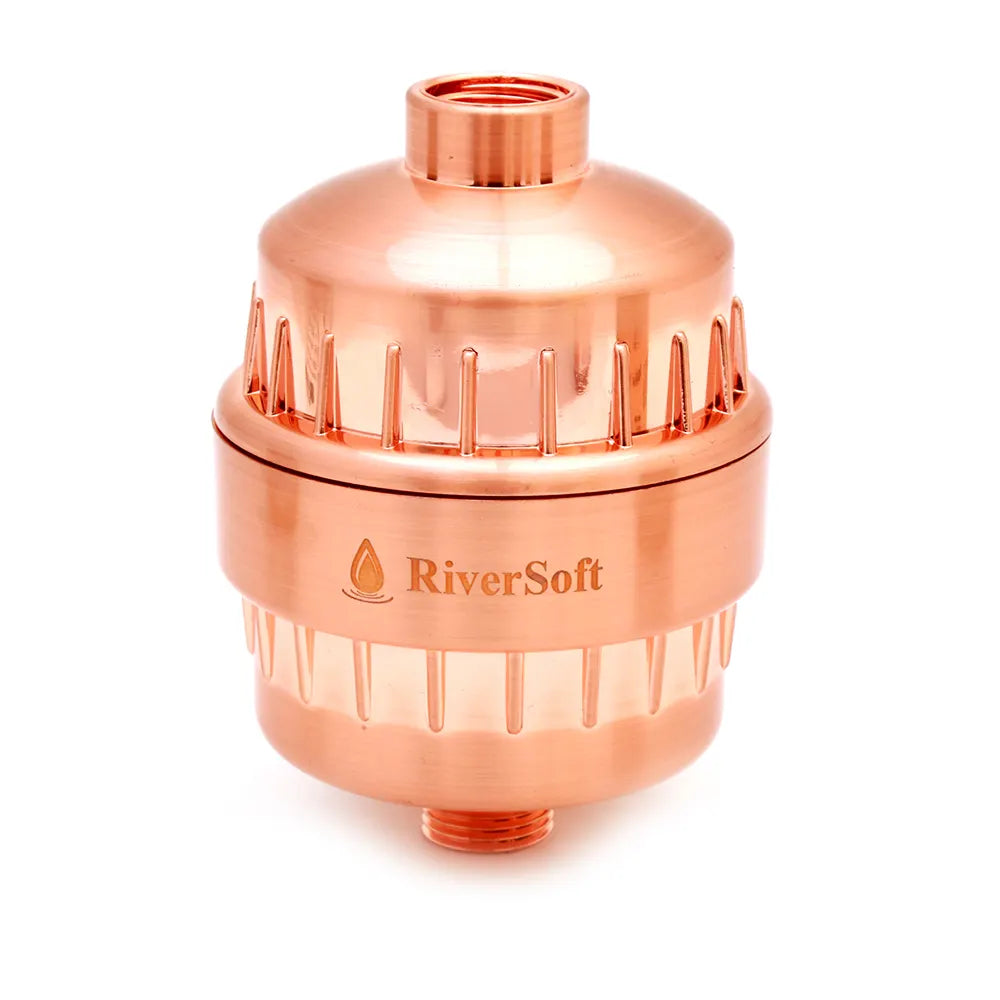


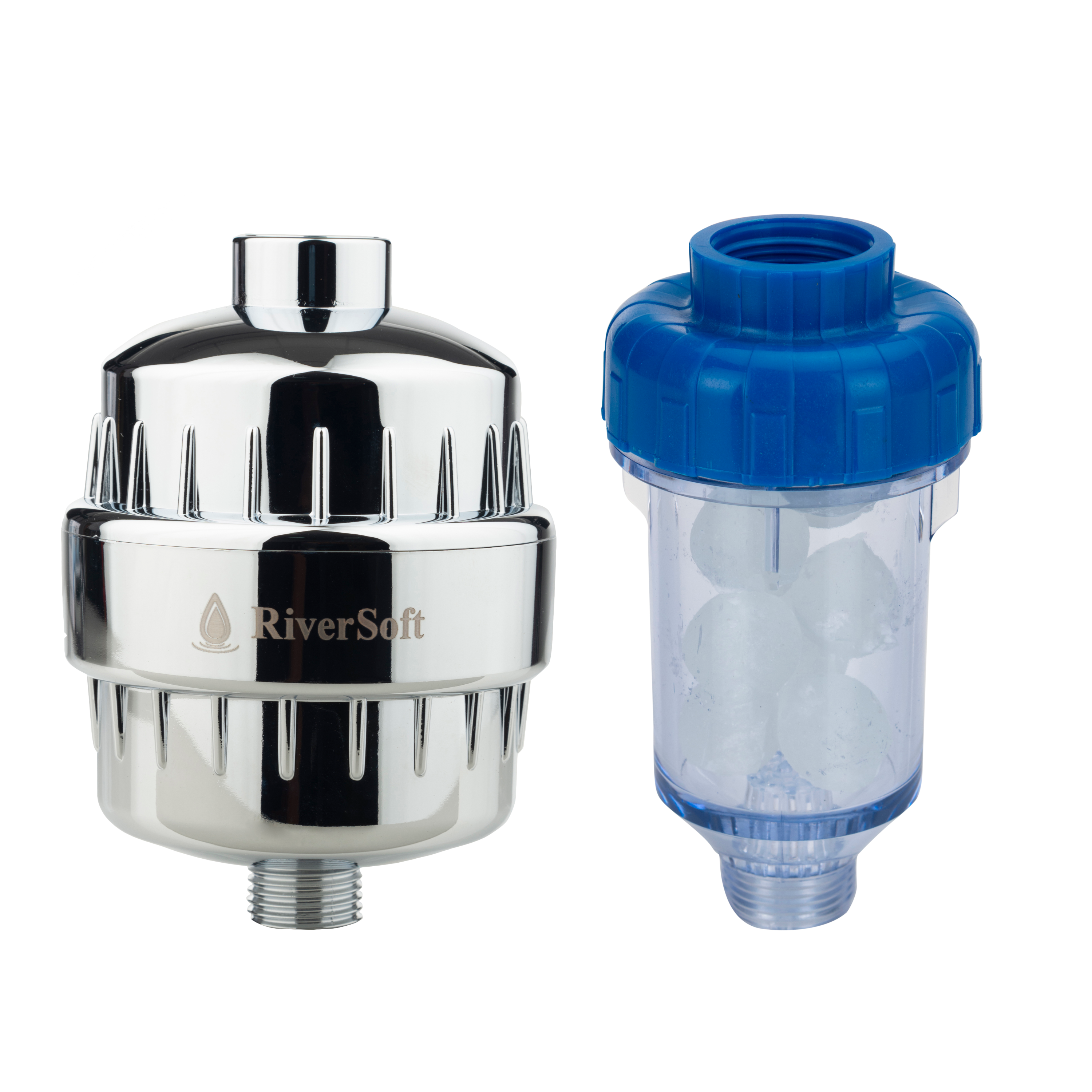


















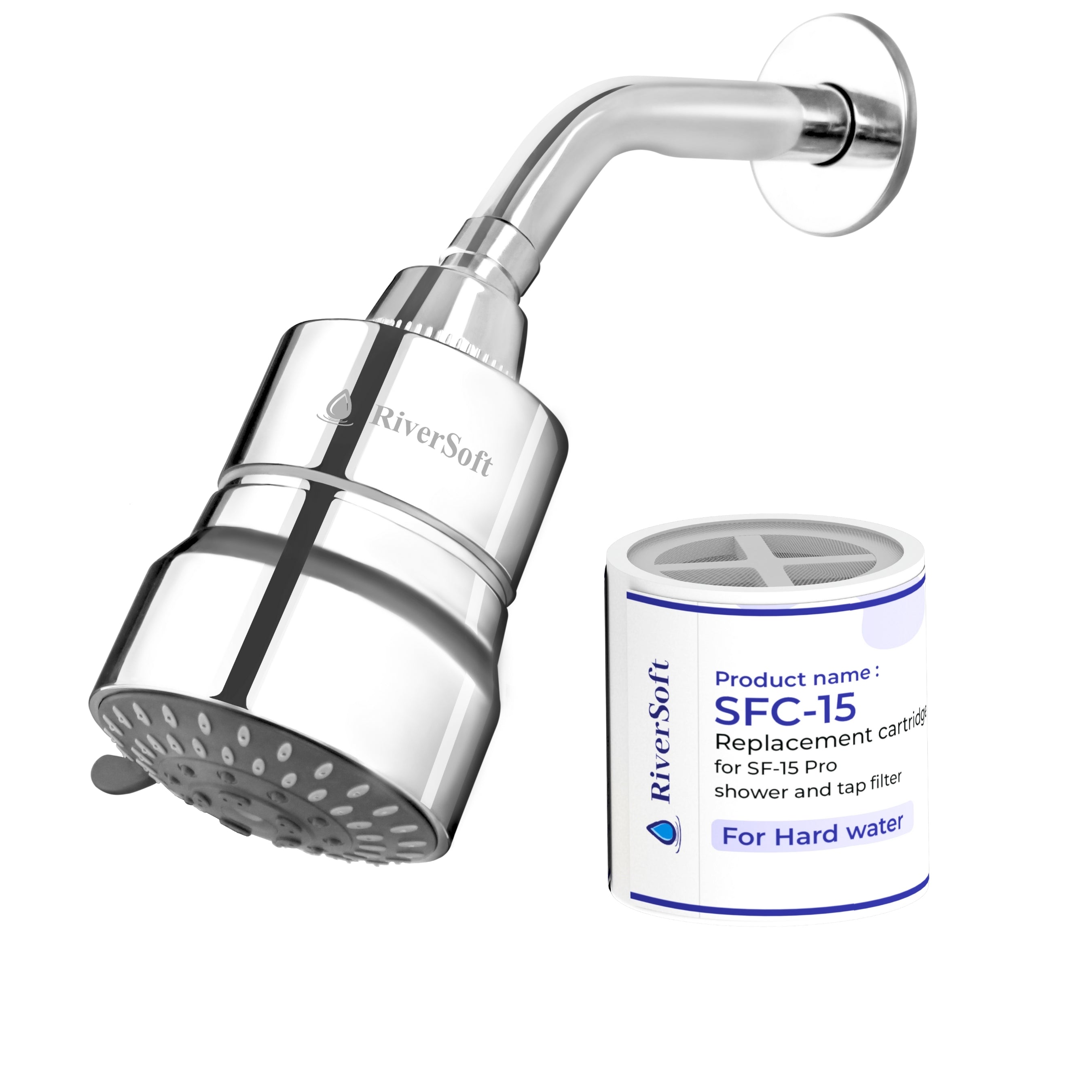

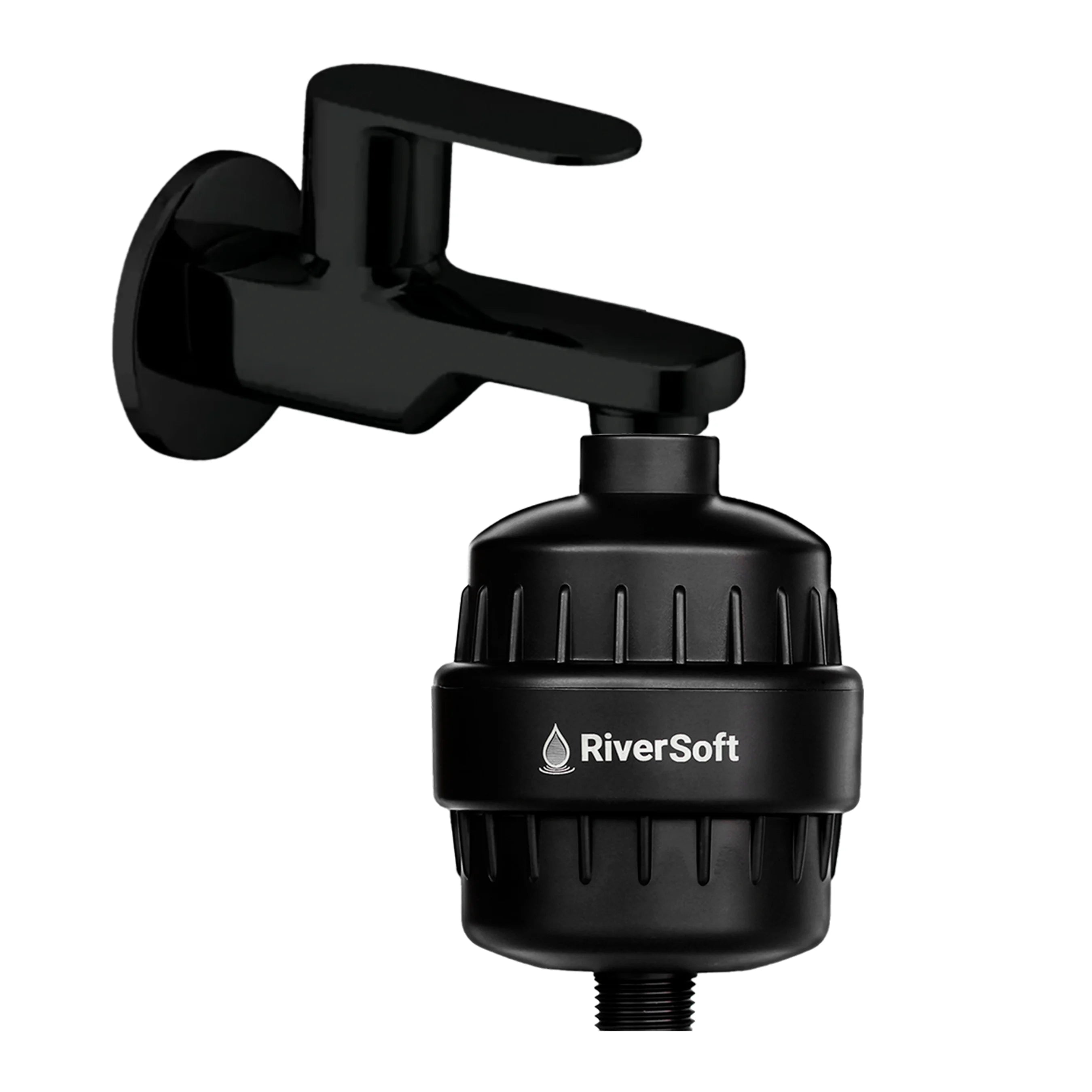
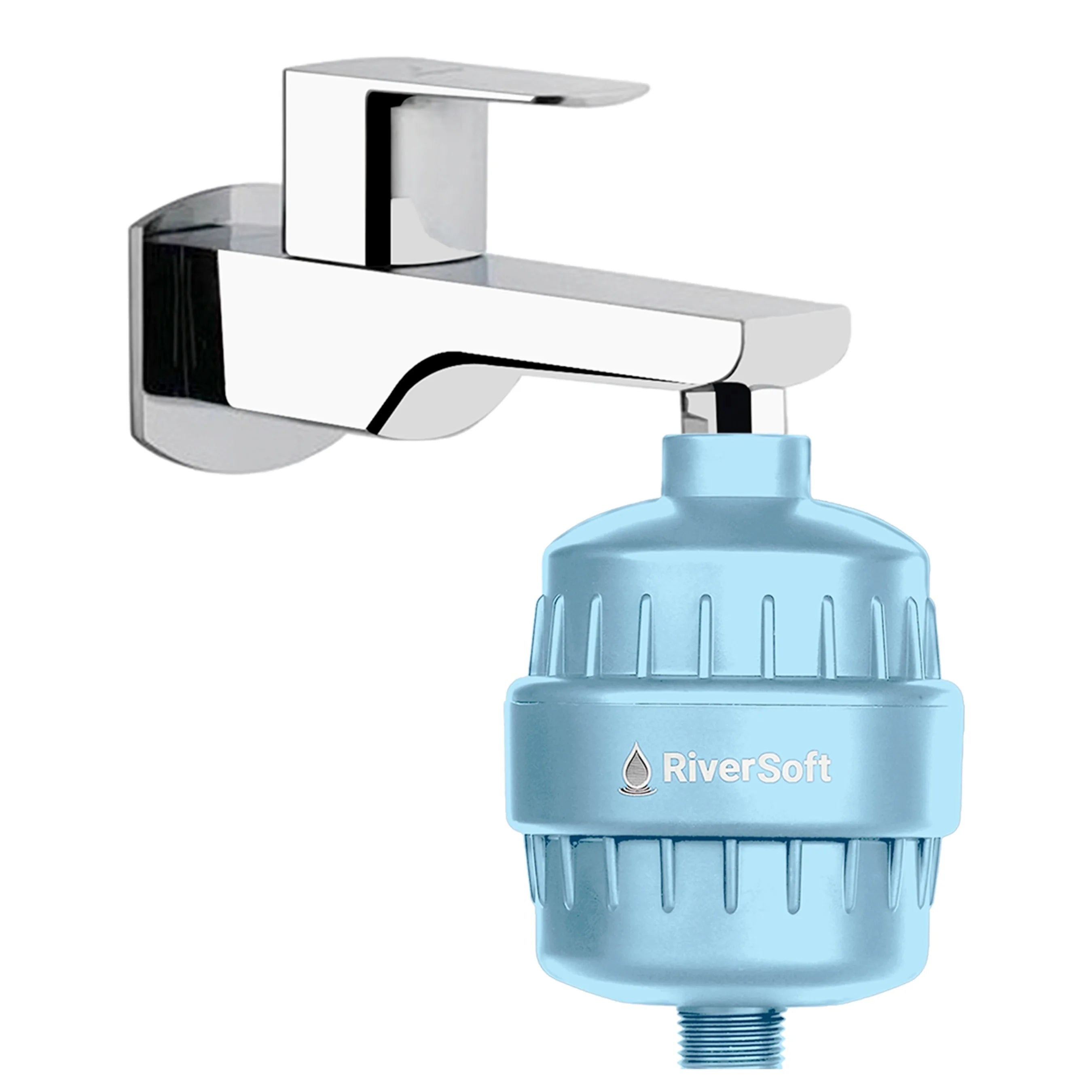




















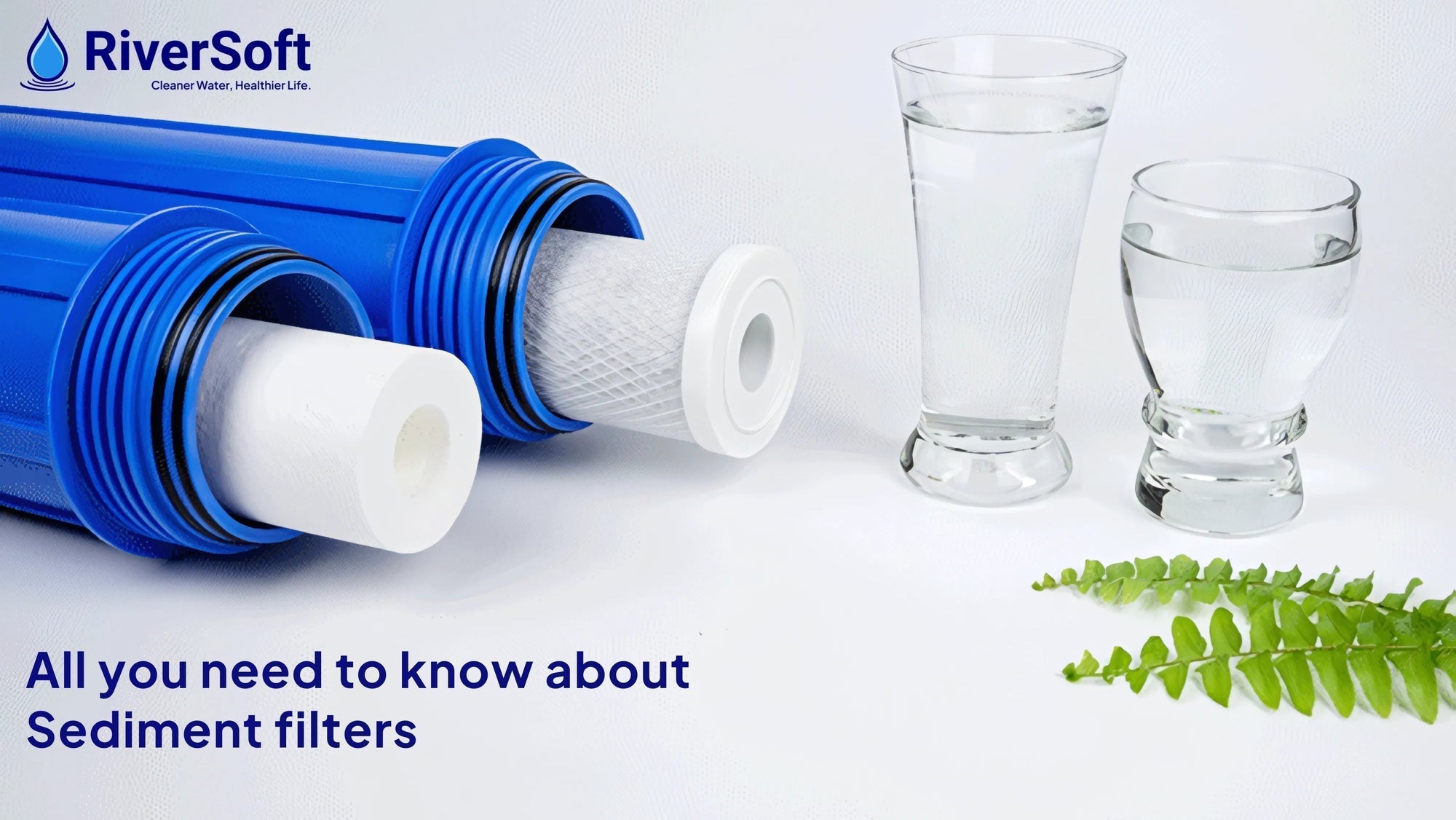
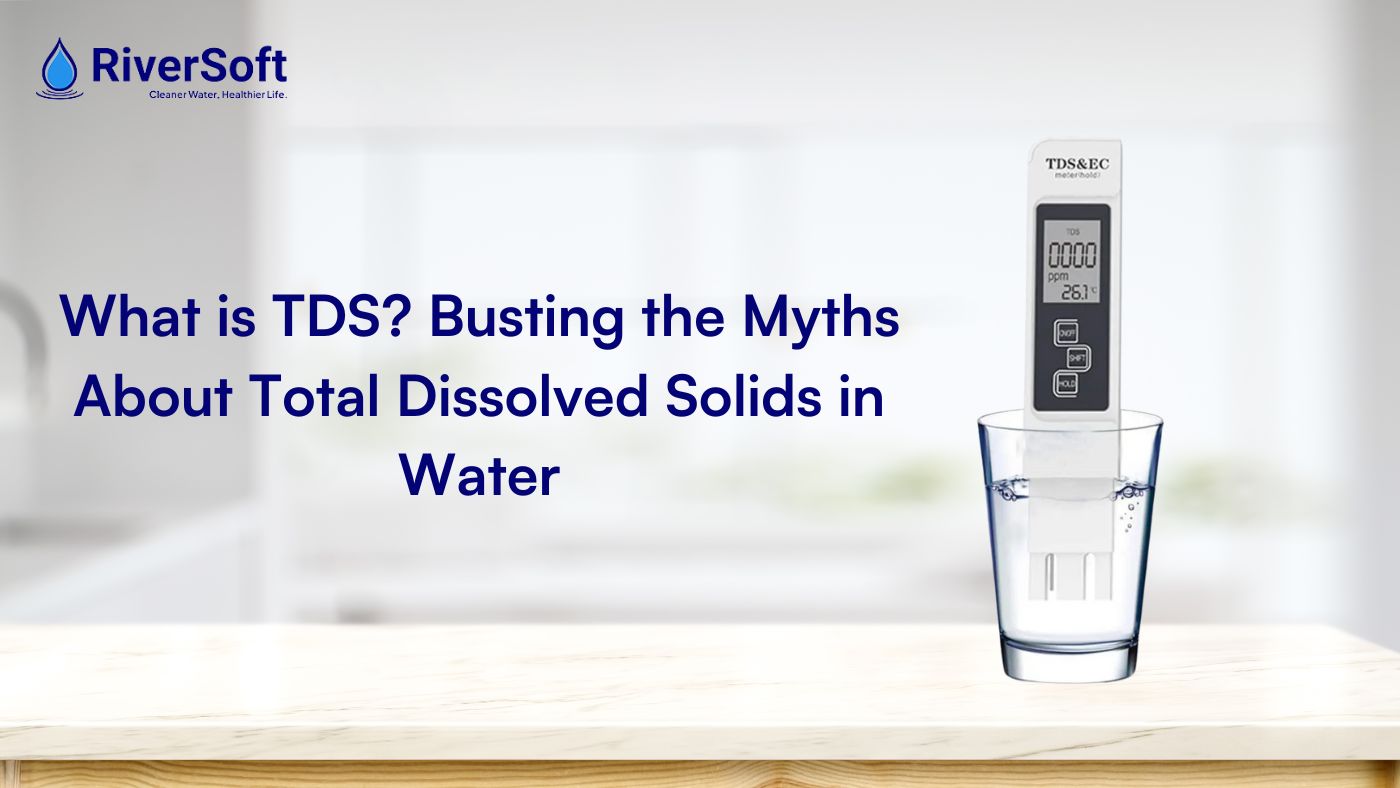
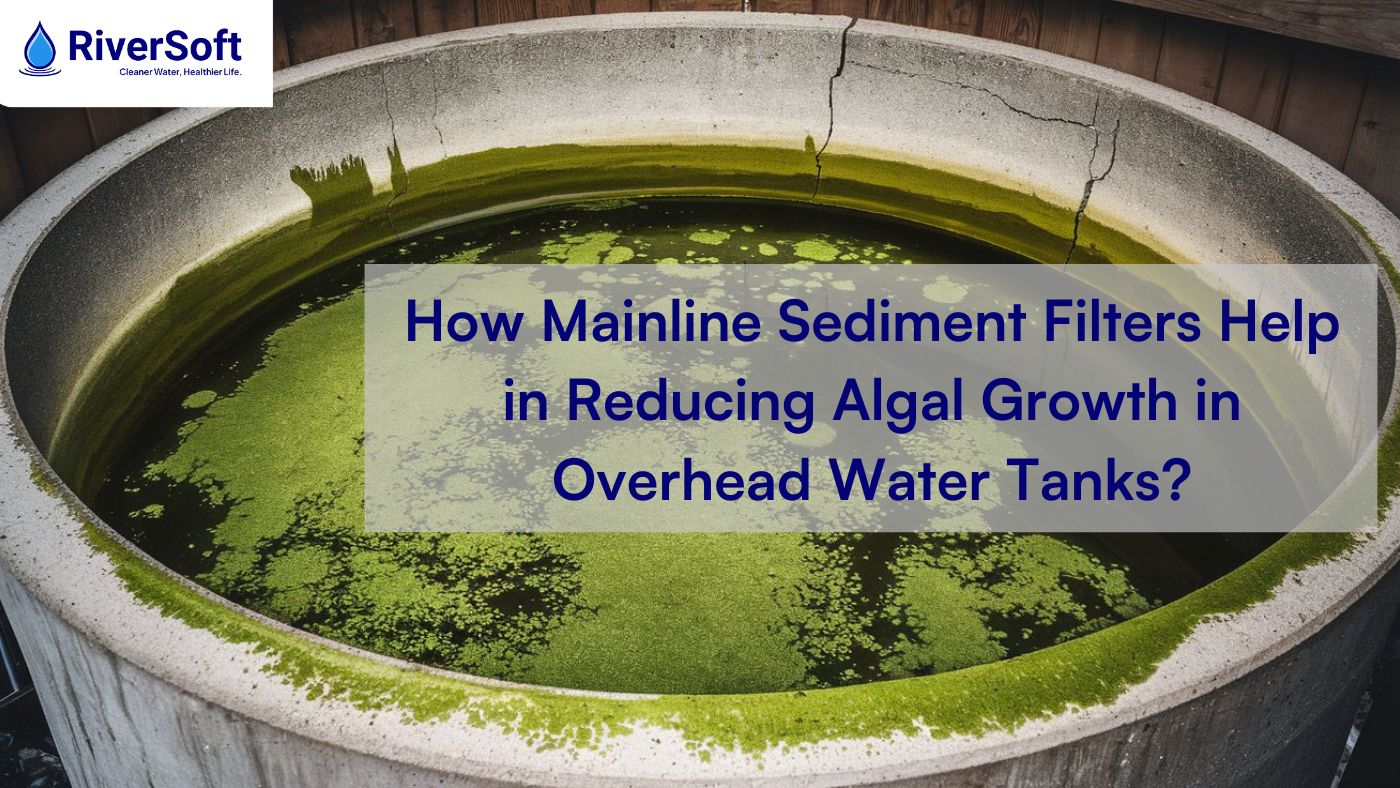
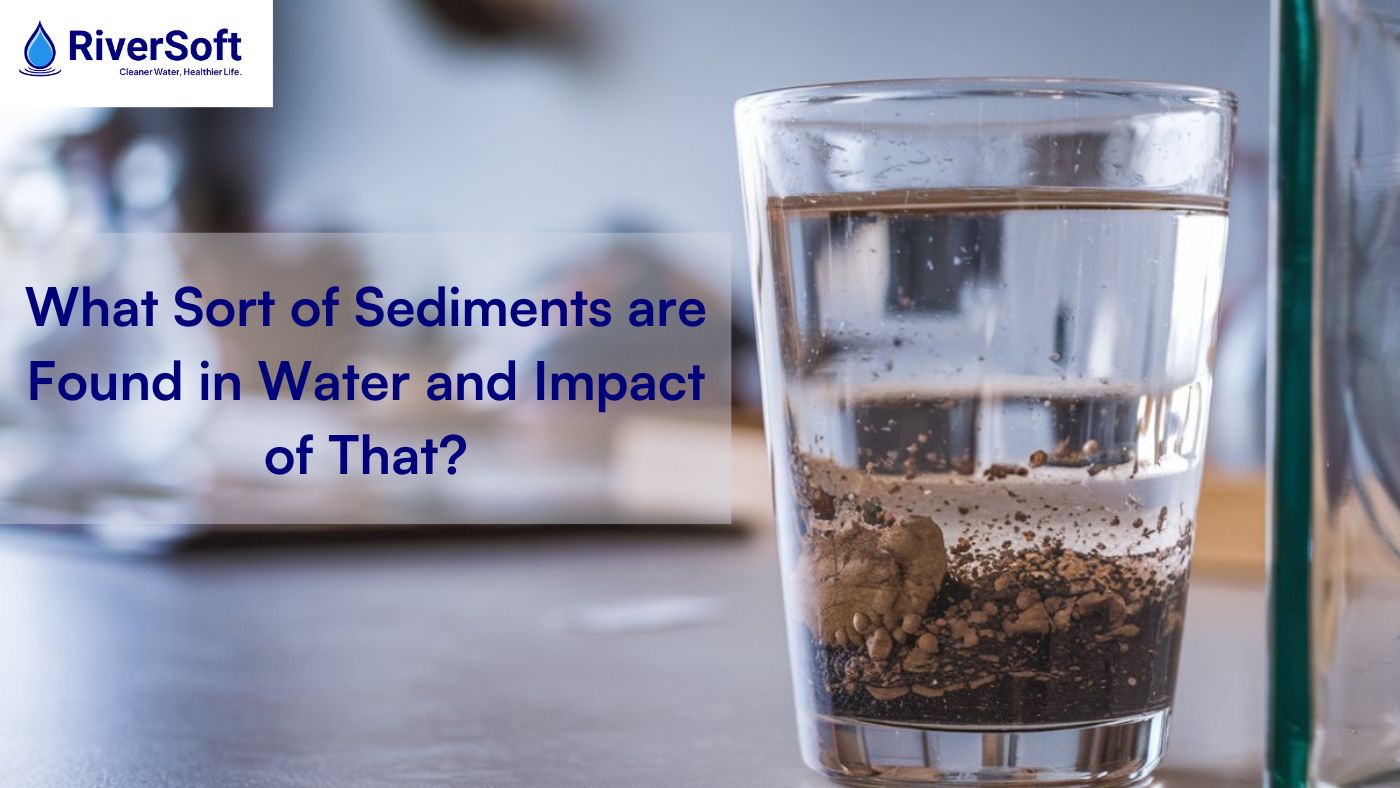

















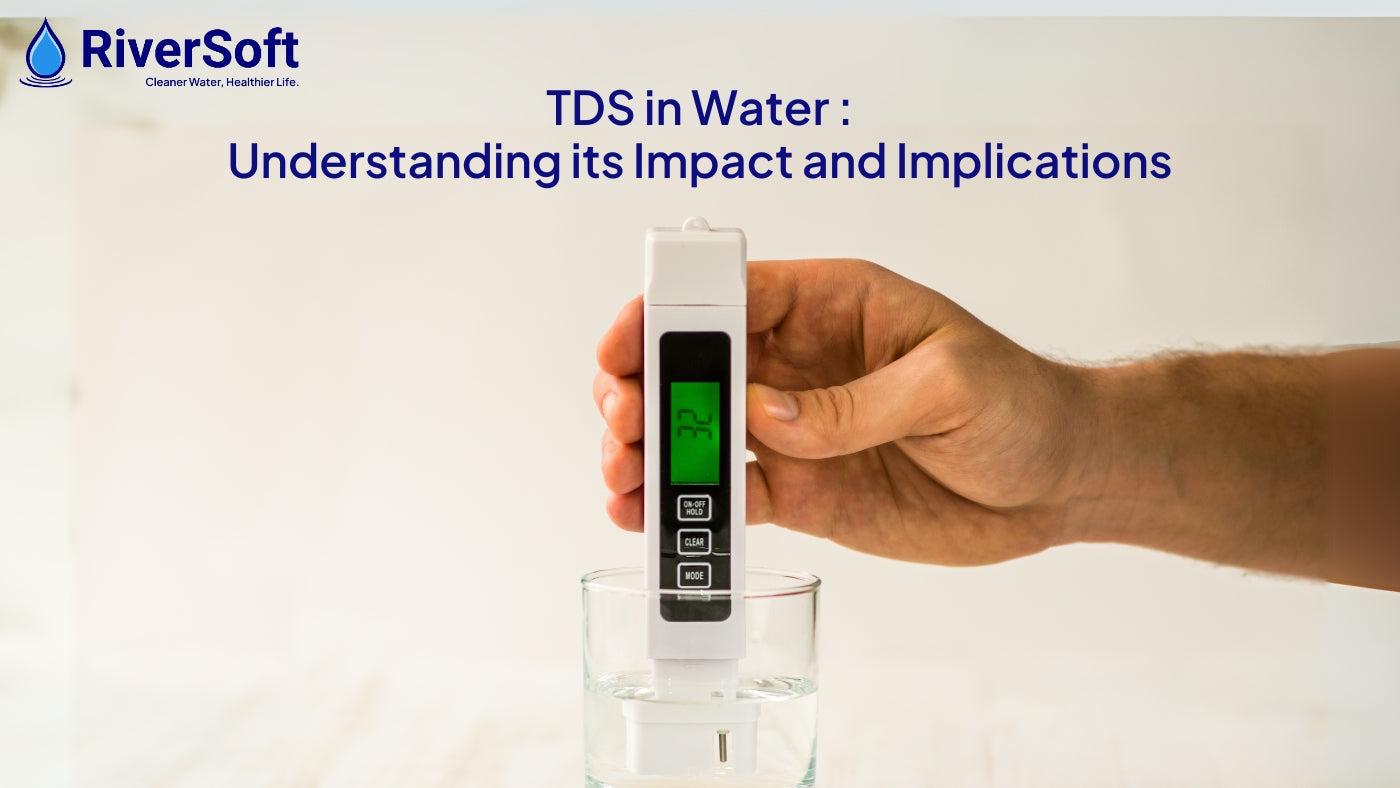












Ashutosh was inspired to solve water quality issues after witnessing the harmful effects of hard water on his family’s health and home. Recognizing the widespread impact of poor water quality, he committed to creating innovative solutions that ensure safe and clean water for everyone. He is an alumnus of IIT Delhi and IIM Ahmedabad, bringing a strong technical and managerial background to RiverSoft.